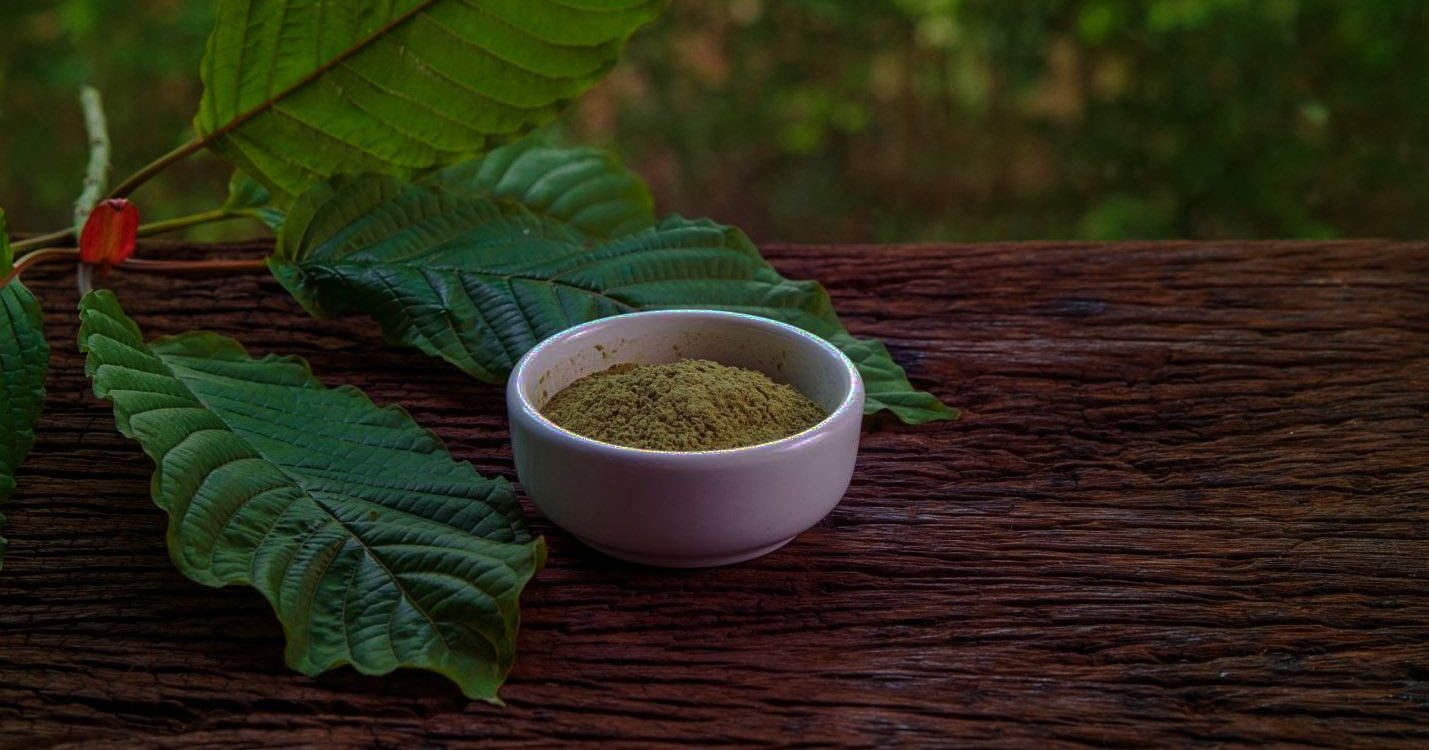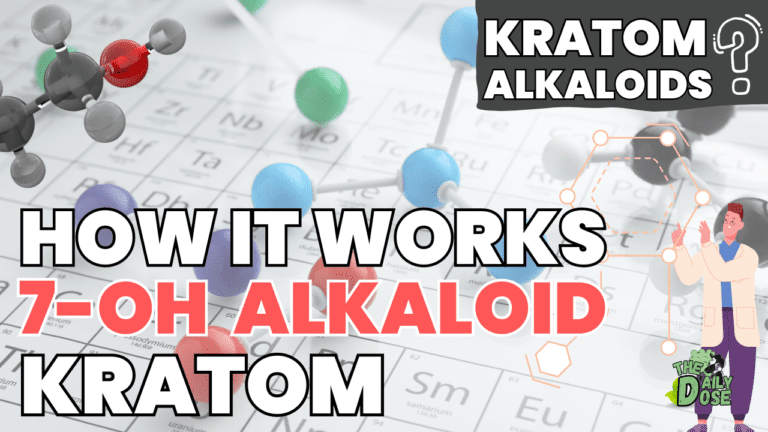Kratom for Sleep: Does It Really Work? Many Leaf Seekers on kratomforum.org discuss using kratom for sleep, but does it truly deliver on its promises? This article explores the potential benefits and drawbacks of using kratom as a sleep aid, offering practical advice to help you make informed decisions about your sleep health. Kratom for sleep: does it really work? Let’s investigate.
Understanding Kratom and Its Effects
Kratom, derived from the Mitragyna speciosa tree, contains alkaloids that interact with opioid receptors in the brain. These interactions can produce a range of effects, depending on the dose and the specific strain of kratom. Some users report experiencing relaxation and pain relief, while others find it energizing. The question of Kratom for sleep: does it really work? hinges on understanding these varying effects and how they might influence sleep patterns. Kratom for sleep: does it really work? is a question many ask, and the answer isn’t straightforward.
The Potential Benefits of Kratom for Sleep
Some individuals report that Kratom for sleep: does it really work? for them. They find certain strains, often those with higher levels of 7-hydroxymitragynine, promote relaxation and drowsiness, potentially improving sleep quality. This effect might be attributed to the interaction of kratom alkaloids with the brain’s opioid receptors and their influence on neurotransmitters associated with sleep regulation. However, it’s crucial to remember that these are anecdotal reports, and more research is needed to confirm these benefits. The effectiveness of Kratom for sleep: does it really work? varies considerably from person to person.
The Potential Risks and Drawbacks
While some find Kratom for sleep: does it really work? effectively for them, it’s crucial to acknowledge the potential downsides. Kratom can interact with other medications, potentially leading to adverse effects. Furthermore, inconsistent quality control in the kratom market poses a risk. The potency and composition of kratom products can vary significantly, making it difficult to determine the appropriate dose for sleep. Kratom for sleep: does it really work? safely and effectively requires careful consideration of these factors. Moreover, long-term use of kratom can lead to dependence and withdrawal symptoms. Therefore, Kratom for sleep: does it really work? needs careful consideration of the risks involved.
Finding the Right Kratom Strain for Sleep
Kratom for sleep: does it really work? depends partly on choosing the right strain. Different strains possess varying alkaloid profiles, leading to different effects. Some strains, like Red Bali or Red Borneo, are often associated with relaxation and sedation, making them potentially more suitable for sleep. However, this is not a guarantee, and individual responses vary greatly. The question, Kratom for sleep: does it really work? with a specific strain, requires personal experimentation and careful observation of its effects. Kratom for sleep: does it really work? effectively necessitates understanding the nuances of different strains.
Dosage and Timing: Crucial Considerations
Even with the “right” strain, the dosage and timing of kratom consumption are vital for sleep. Starting with a low dose and gradually increasing it (if necessary) is crucial. Experimenting with timing is also essential; some users find that taking kratom a few hours before bedtime allows for the relaxation effects to set in without causing daytime drowsiness. However, it’s essential to find what works best for you, as the effects of Kratom for sleep: does it really work? are highly individual. The question, Kratom for sleep: does it really work?, hinges on finding the optimal dosage and timing.

Alternatives to Kratom for Sleep
Kratom for sleep: does it really work? is a question many ask, but it’s important to consider safer and more well-researched alternatives. Improving sleep hygiene, such as maintaining a regular sleep schedule, creating a relaxing bedtime routine, and ensuring a dark, quiet, and cool sleep environment, often provides significant improvements in sleep quality. Cognitive behavioral therapy for insomnia (CBT-I) is a highly effective treatment for chronic insomnia, focusing on changing thoughts and behaviors that contribute to sleep problems. Over-the-counter sleep aids, like melatonin or diphenhydramine, can provide short-term relief, but should be used cautiously and under the guidance of a healthcare professional. Kratom for sleep: does it really work? should be considered alongside these other, potentially safer options.
When to Consult a Healthcare Professional
If you’re considering Kratom for sleep: does it really work? for you, it’s crucial to consult a healthcare professional. They can assess your individual health status, discuss potential risks and interactions with other medications, and offer guidance on safer alternatives. If you experience any adverse effects after using kratom, seek immediate medical attention. Kratom for sleep: does it really work? safely and responsibly requires professional guidance. The question, Kratom for sleep: does it really work?, shouldn’t be answered without consulting a healthcare provider.
The Science Behind Kratom and Sleep

The scientific evidence supporting the use of kratom as a sleep aid is limited. While some studies suggest that kratom may have sedative effects, more rigorous research is needed to confirm these findings and understand the mechanisms involved. Much of the current understanding comes from anecdotal evidence and user reports. Kratom for sleep: does it really work? scientifically is still largely unproven. Further research is crucial to determining the efficacy and safety of kratom for sleep.
Addressing Misconceptions about Kratom
Many misconceptions surround kratom, and it’s crucial to address them. Kratom is not a harmless substance, and it’s not a regulated medicine. Its potency and purity can vary significantly, increasing the risk of adverse effects. Kratom for sleep: does it really work? safely requires a thorough understanding of these risks. The question, Kratom for sleep: does it really work?, should be approached with a balanced perspective, acknowledging both the potential benefits and the significant risks involved.
Long-Term Effects and Dependence
Long-term use of kratom can lead to dependence and withdrawal symptoms. Withdrawal symptoms can range from mild discomfort to severe, including anxiety, muscle aches, and intense cravings. Therefore, Kratom for sleep: does it really work? long-term needs careful consideration of the potential for dependence. The question, Kratom for sleep: does it really work?, needs to weigh the potential benefits against the risks of long-term use and dependence.

Responsible Kratom Use: A Balanced Approach
If you decide to use kratom for sleep, do so responsibly. Start with a low dose, monitor your response carefully, and avoid combining it with other substances, especially those that have sedative effects. Be aware of the potential risks and seek professional advice if you experience any adverse effects. Kratom for sleep: does it really work? responsibly requires a cautious and informed approach. The question, Kratom for sleep: does it really work?, should always be considered in the context of responsible use.
Final Thoughts: Weighing the Risks and Benefits
Kratom for sleep: does it really work? is a complex question with no simple answer. While some individuals report positive effects, the limited scientific evidence and potential risks necessitate a cautious approach. Exploring alternative, safer methods for improving sleep should be prioritized. Kratom for sleep: does it really work? effectively and safely for you depends on several factors, including your individual response, the strain you choose, and your overall health. Always consult a healthcare professional before using kratom or any other substance to improve your sleep. Kratom for sleep: does it really work? ultimately is a personal decision that needs careful consideration. Kratom for sleep: does it really work? The answer, for each individual, will be different.
Tags: kratom sleep, kratom benefits, sleep aids, natural sleep remedies, kratom side effects

